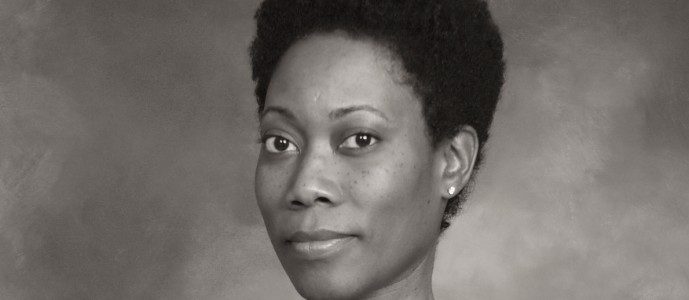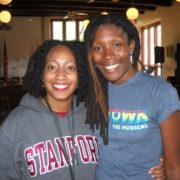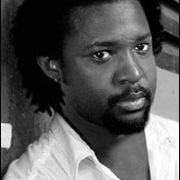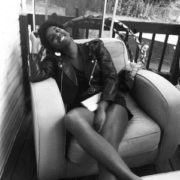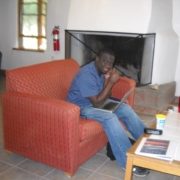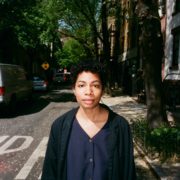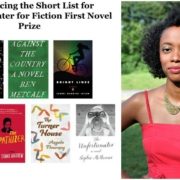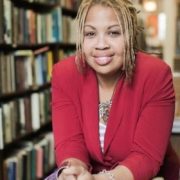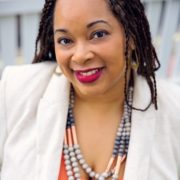Renee Simms (’13, ’15) on JADED IBIS
Kimbilio Fellow Renee Simms (’13, ’15) anchored a panel at AWP 2016 in Los Angeles on the subject of black writers in a white world. JADED IBIS published an extended version of her introductory remarks.
There has never been a consensus or even a plurality agreement among writers who identify as Black about the aesthetics of our creative work. Or, whether there is such a thing as black writing. Or what makes the African American literary canon cohere. Or what constitutes pandering to an audience. We have never agreed on these issues. Instead, there have been ripe discussions, signifying, shade thrown, praise fests and theorizing about the particular situation that writers of African ancestry in America find themselves. This essay is intended as a tiny snapshot of some of these discussions. What it doesn’t do is provide the full arc of of a writer’s intellectual output so that we can see, for example, how a writer who at one time embraced a nationalist school of thought moved on later to embrace structuralist theory. Instead I’ve chosen to provide isolated moments and quotes that are emblematic of the issues.
Portrait of the Black Writer as a White Writer
In a 1926 essay published in the Nation magazine, Langston Hughes wrote, “this is the mountain standing in the way of any true Negro art in America—this urge within the race toward whiteness; the desire to pour racial individuality into the mold of American standardization, and to be as little Negro and as much American as possible.” He begins the essay with an anecdote about a young black poet who shared with Hughes how he wished to be considered simply as a poet and not a Negro poet.
Read the rest of the article here: Where Writers of African Ancestry in America Find Themselves

